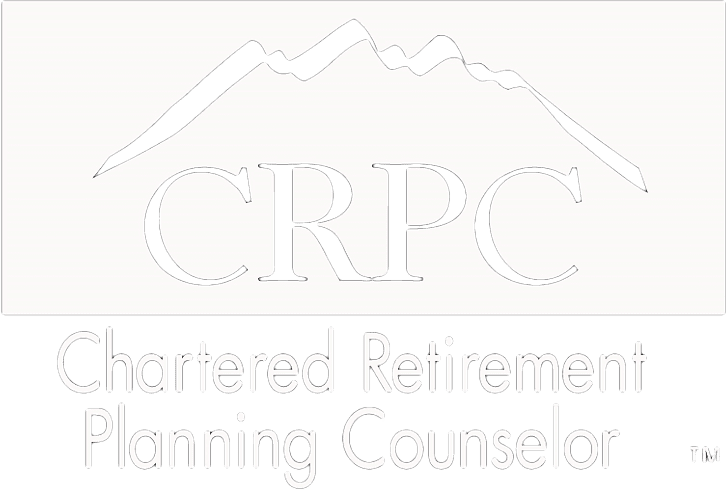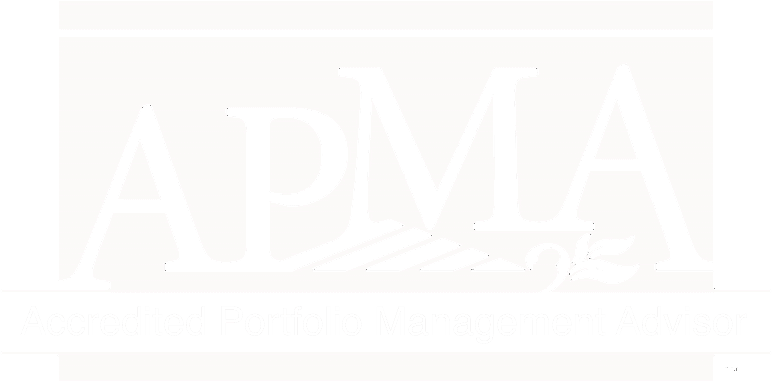
In a 2021 survey, 32% of all workers reported they were either “not too” or “not at all” confident that they would have enough money to pay for their medical expenses in retirement.1
Regardless of your confidence, being aware of potential healthcare costs during retirement will help you understand how much you should budget for healthcare in your retirement income planning.
The first step in being aware of potential healthcare costs is understanding the different types of expenses. Below is an explanation of the three main categories of healthcare costs in retirement.
Medicare Premiums
The first cost in healthcare to consider is your Medicare Part B premium. According to Medicare.gov, your premium amount depends on your adjusted gross income (AGI) as reported on your IRS tax return.2 Most people pay the standard premium amount of $148.50/month (for 2021), but the premium can go up to $504.90/month depending on your AGI.
In addition to your premium, you’ll also have to consider the Part B deductible which, in 2021, is $203. After you meet your deductible for the year, you will likely pay 20% of most doctor services, outpatient therapies, and some durable medical equipment (walkers, wheelchairs, canes, etc.).
Healthcare Copays
The next healthcare cost in retirement that you should consider are any copayments related to Medicare-covered services that are not paid by Medicare Supplement Insurance plans (aka Medigap or Medicare Advantage) or other health insurance.
These copays can relate to specialist visits, prescription costs, and other healthcare needs that aren’t completely paid for by your insurance. Drug costs can vary by pharmacy, supplier costs, whether there is a generic option, and more.
Speaking of prescription drug costs, once you and your plan spend a combined $4,130 (including deductible) on drugs in 2021, you’ll pay no more than 25% of the cost for prescription drugs until your out-of-pocket spending is $6,550.3
Expenses Not Covered by Medicare
Lastly, there are the healthcare expenses which may not be covered by Medicare and this is where your healthcare costs in retirement have the potential to skyrocket.
One example of a service that may not be covered under Medicare is long-term care. This includes medical and non-medical care for people who are unable to care for themselves. Medicare and most health insurance plans don’t pay for long-term care.
In addition to long-term care, Medicare may not cover expenses related to4:
- Most dental care
- Eye exams related to prescribing glasses
- Dentures
- Cosmetic surgery
- Acupuncture
- Hearing aids and exams for fitting them
- Routine foot care
While Medicare is a great option for many healthcare expenses for retirees, some people also choose to purchase a Medicare Advantage health plan to cover some of the above rather than paying out of pocket. Medicare Advantage health plans are health plans offered by a private company that contract with Medicare to provide health benefits.5 They may cover expenses that the regular Medicare plan doesn’t. Medicare Advantage Plans are offered by Medicare-approved private companies and may offer a higher level of coverage depending on your needs.6 Sometimes, Medicare Advantage Plans are called Medicare Part C.
The costs associated with a Medicare Advantage Plan will vary depending on the health insurance company you purchase your policy from. You can also choose between a Health Maintenance Organization (HMO) plan and a Preferred Provider Organization (PPO) plan. You must have Medicare Part A and Part B coverage to apply for a Medicare Advantage Plan.
There are many healthcare costs in retirement, from routine checkups to unexpected medical expenses. Building the cost of medical insurance into your retirement plan is an important part of retirement income planning, and Escient Financial does this with all financial plans to ensure clients are as well-prepared for the various expenses they may incur while in retirement. If you would like help with planning for your retirement, feel free to...
1 https://www.ebri.org/docs/default-source/rcs/2021-rcs/rcs_21fs-1_confid.pdf?sfvrsn=71d83a2f_4
2 https://www.medicare.gov/your-medicare-costs/part-b-costs
4 https://www.medicare.gov/what-medicare-covers/whats-not-covered-by-part-a-part-b
5 https://www.medicare.gov/sign-up-change-plans/different-types-of-medicare-health-plans
This content is developed from sources believed to be providing accurate information. The information in this material is not intended as investment, tax, or legal advice. It may not be used for the purpose of avoiding any federal tax penalties. Please consult legal or tax professionals for specific information regarding your individual situation. The opinions expressed and material provided are for general information, and should not be considered a solicitation for the purchase or sale of any security. Digital assets and cryptocurrencies are highly volatile and could present an increased risk to an investors portfolio. The future of digital assets and cryptocurrencies is uncertain and highly speculative and should be considered only by investors willing and able to take on the risk and potentially endure substantial loss. Nothing in this content is to be considered advice to purchase or invest in digital assets or cryptocurrencies.
Enjoying Escient Financial’s Insights?
The weekly newsletter is usually delivered to your email inbox Friday or Saturday, and includes:
- the latest Escient Financial Insights articles
- a brief of the week's important news regarding the markets
- recommended third-party reads
- selected Picture of the Week
Escient Financial does NOT sell subscriber information. Your name, email address, and phone number will be kept private.
















